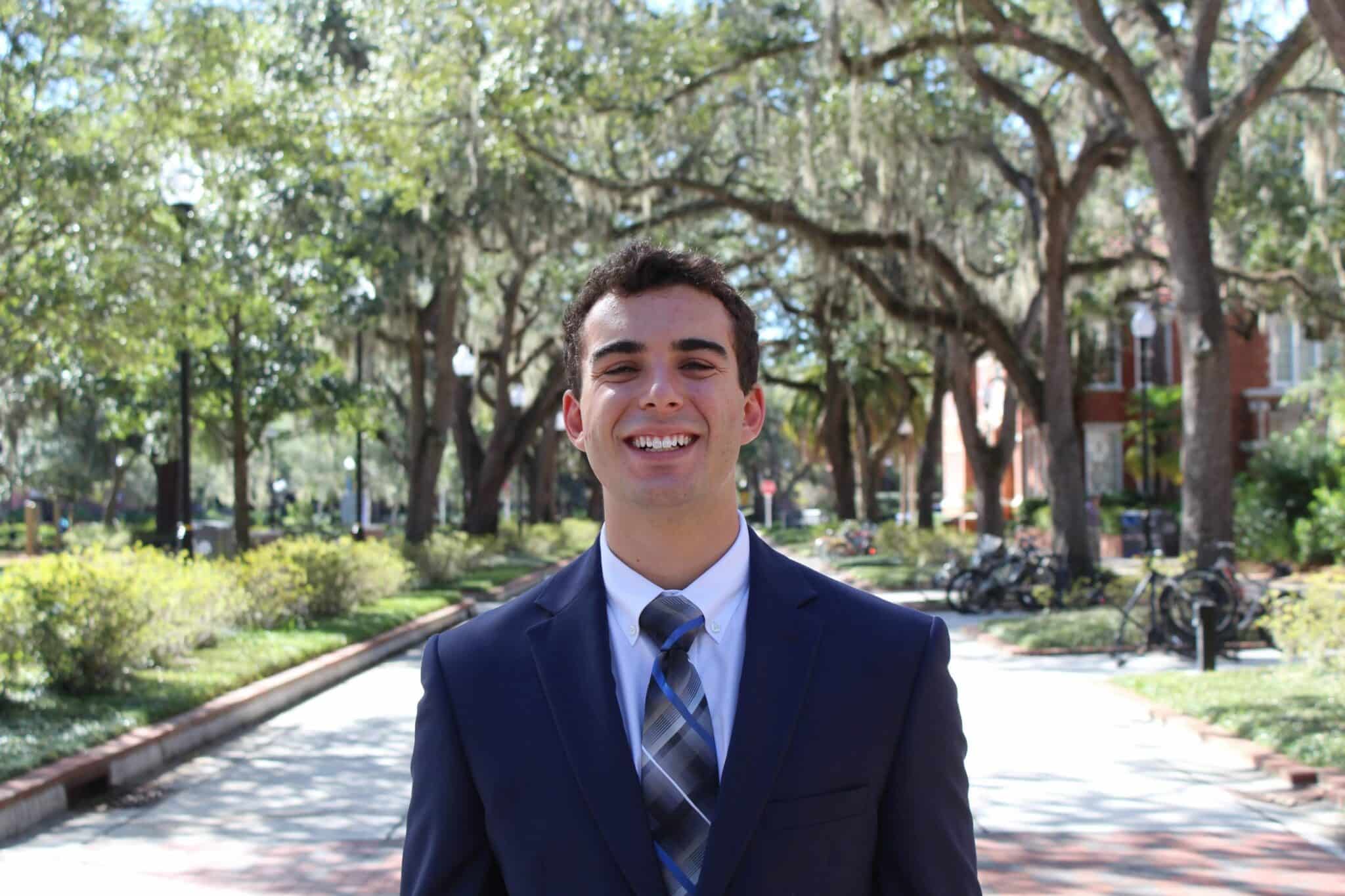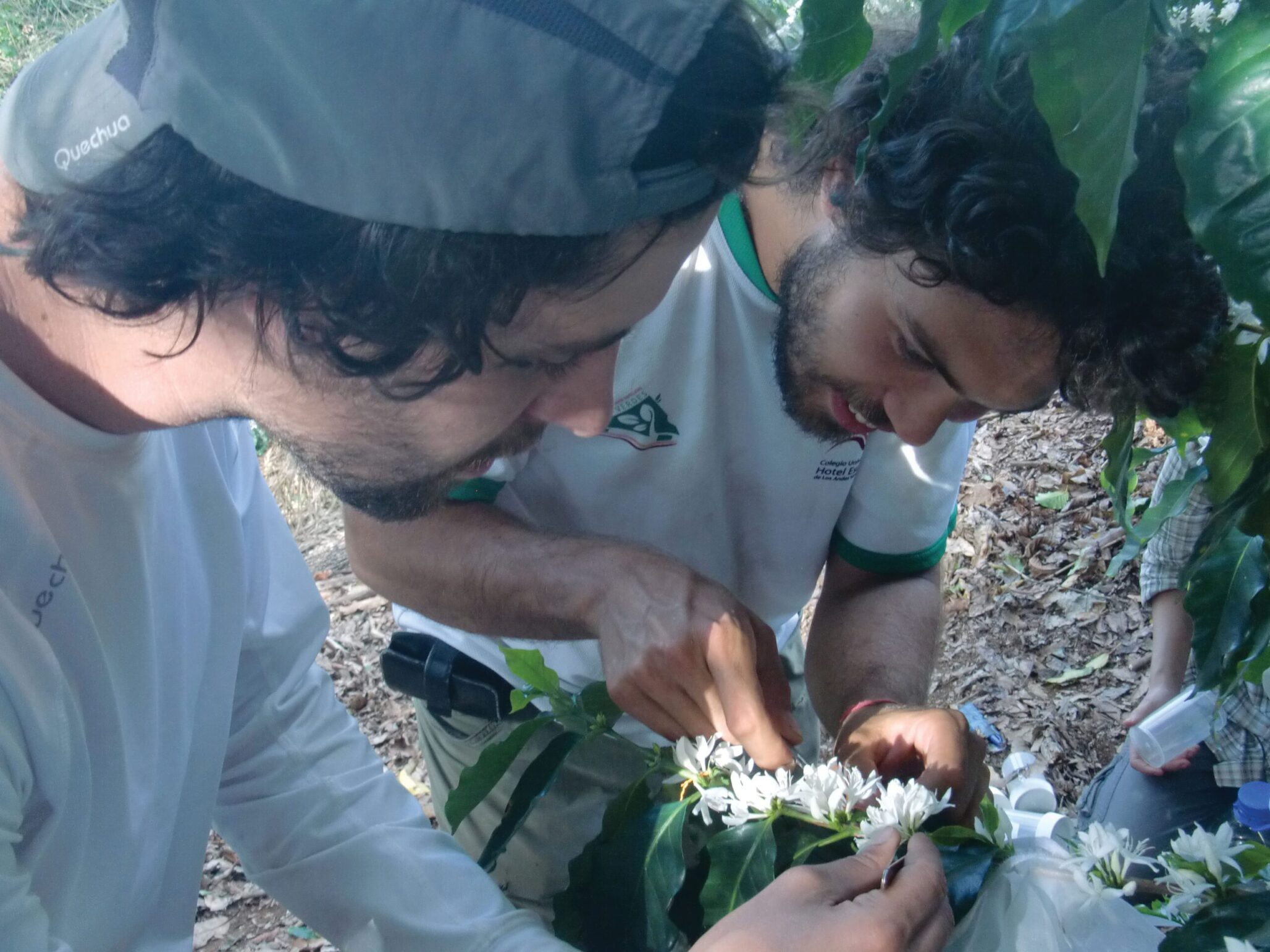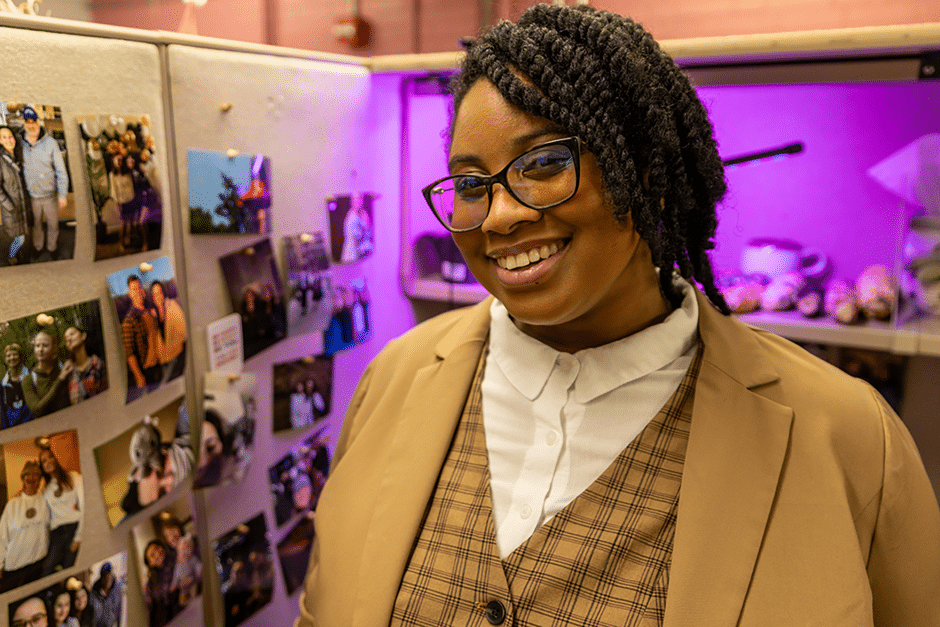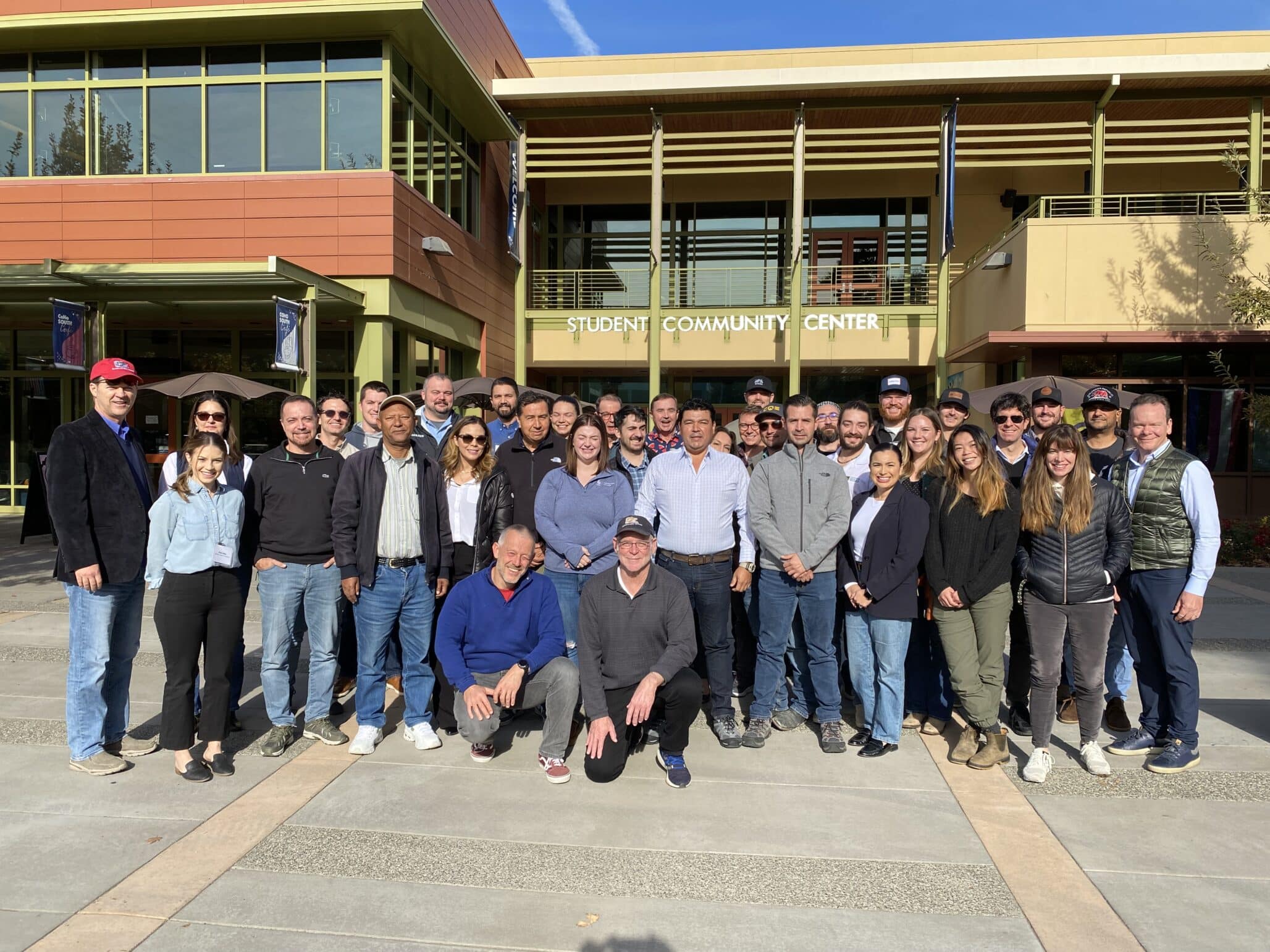Twenty three year old Matthew Davis likes to keep one thing in mind while working in plant breeding: Carl Sagan’s words, “Somewhere, something incredible is waiting to be known.”
His passion? Making those unknown things, known!
Matthew Davis recently graduated from the University of Florida, where he graduated with a B.S. in Biology. This fall, he will be attending the University of California, Davis, to pursue a PhD in Plant Biology. He was selected as an National Association of Plant Breeders (NAPB) Borlaug Scholar, and Seed World sat down with him to get an insight to his work.
Seed World (SW): What’s one thing you want people to know about you?
Matthew Davis (MD): I love coffee! I like drinking it and learning about the growing and roasting processes. I would love to be able to explore coffee more. There are some big challenges facing coffee and a lot of interesting breeding work being done. There are so many species in the Coffea genus and so much room for interesting solutions.
SW: Why did you decide to start working in the blueberry breeding and genomics lab?
MD: I was given the opportunity to work in the Blueberry Breeding and Genomics Lab at the University of Florida in January of 2019. I had just finished an entomology internship at Walt Disney World where I was able to work with plants from around the world and lead tour groups throughout the facility. At Disney, I learned more about sustainability and plant science, and the opportunity to interact directly with the public encouraged me to explorer a career in plant science. Through working at the Blueberry Breeding and Genomics Lab, I further developed a passion for plant breeding and decided I wanted to pursue a career in the field.
SW: Tell us about polyploids and why they matter to plant breeding.
MD: Polyploids are important and interesting! Polyploids are typically more vigorous than related diploids. It’s also important to study polyploids for food variety. Many economically and nutritionally important foods are polyploids, such as coffee, potato, peanuts, and blueberries.
SW: How do you think your research work will impact the future?
MD: As an undergraduate, I worked on different projects to further the understanding of southern highbush blueberry. I worked on characterizing our blueberry parental genotypes for population breeding, explored the ideal tissue culture conditions for southern highbush and worked on a high-resolution melt protocol. These projects will help streamline the process of genotyping and allow the program to introduce more genetic diversity into the breeding program.
I am currently in a transition period, as I will be starting graduate school in the fall and participating in rotations. Currently, I want to study the effects that climate change is predicted to have on growing crops, looking into increased temperatures, drought, and a decline in chill hours. The goal is to have crops that are more resistant to the conditions we will be facing in the future.
SW: What are you looking forward to seeing in the future of breeding?
MD: I look forward to seeing the further implementation of technology and artificial intelligence in plant breeding. There is a lot of work with plant imaging going on right now that could greatly increase the speed of data collection. This will help increase the speed of research and free up time to allow breeders to focus on other projects. Not to mention it will help automate some of the most tedious work!
SW: I see you’re also passionate about helping undergraduates get connected to different research labs — why do you think working in research as an undergrad is important?
MD: I think undergraduate research is extremely important. It gives people an opportunity to explore science in a hands-on way. So much of science is taught through a textbook, and while a lab course is useful for teaching technical skills, participating in research as an undergraduate provides an insight into what daily life as a scientist is like. It provides a unique opportunity to learn in a guided environment. Undergraduates obtain valuable experience in creative thinking, planning, execution, overcoming roadblocks, writing, teamwork, and leadership. Even people who do not pursue a career in the sciences have so much to gain from participating in research. It is a fantastic opportunity for personal and professional development!













